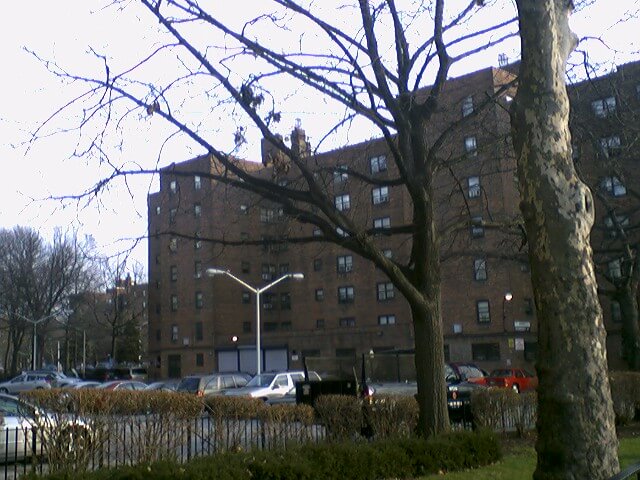Domestic Violence On the Rise in New York Public Housing


A nasty piece of news, courtesy a City Council report: Incidents of domestic violence in New York City Housing Authority apartments have more than doubled in the last five years. That’s 1,642 incidents reported in 2013, up from 809 in 2009. And with a problem as little reported as domestic violence, those numbers likely underestimate the actual situation.
The City Council report was first obtained by the New York Daily News, which notes that the rise in arrest related to domestic violence incidents contributed to a 31 percent spike in the overall crime rate at NYCHA housing in the last five years. But here’s the rub: The increase in domestic violence incidents comes at a time when Mayor de Blasio shifted policies to prioritize homeless families over abuse victims in the long, long line for a tiny number of affordable apartments. How tiny? We’re talking 240,000 applicants on a list for about 5,000 units that free up every year. Vacancy rates are lower than one percent a year. That means the chances of getting placed is around two percent. It is harder to get into a NYCHA unit in New York City than it is to get into Harvard.
Another galling detail, per the Daily News: “Domestic violence victims whose abusers are charged with first- or second-degree assault or rape have to submit documentation of only one incident to qualify for priority placement on the NYCHA waiting list. But victims whose attackers are charged with lesser crimes must submit proof of at least two incidents to qualify for priority housing placement.” The means that you have to present some documentation (it’s unclear what exactly) proving that you’re under attack in your own home. It also means that a single incident of assault doesn’t qualify you for placement in NYCHA housing. It has to have happened at least twice, in a manner that allows you to produce evidence for a city official. That’s a pretty high bar.
But the larger, more awful question is why it’s somehow acceptable to pit homeless families against domestic abuse victims at all. The crisis here is not just a crime spike, but an ever dwindling, inadequate stock of affordable or publicly subsidized housing in the city while “investment apartments” owned by the super-rich sit empty in Midtown. Abuse victims shouldn’t be crowded out, and nor should homeless family. Balancing the needs of people in line for public housing is always going to be a challenge, but it shouldn’t require us to rank one horrible situation over another.
You might also like 




















